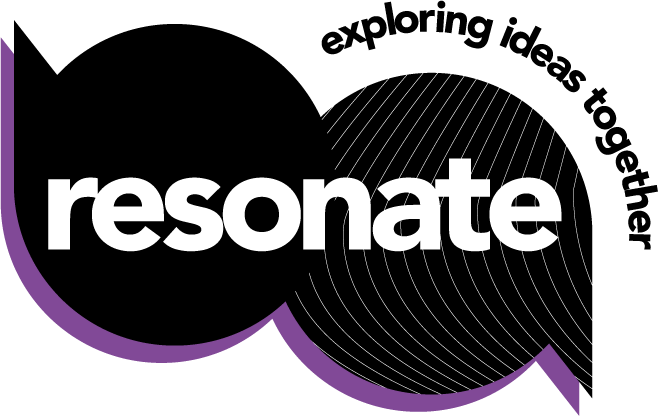Resonate Late: The Politics of Climate Action
Our first event of the Resonate Festival of Social Science 2024 saw 4 academics from the Department of Politics and International Studies discussing climate change with 44 wonderful members of the public!
For this event, we headed to a new-to-Resonate venue, Temperance Café in Leamington Spa. After grabbing a drink from the bar, we headed downstairs for the first two talks.
First up, Professor Ben Clift introduced us to ‘The Politics of Net Zero’. Ben explained to us how politicians generate possible scenarios to imagine what net zero could look like, and how we can achieve it. Scenarios are peppered with assumptions, but they’re still a useful tool for politicians to make policy decisions.
Next up, Dr Madeliene Fagan questioned whether more knowledge about the climate crisis leads to more action. She argued that the most important thing to influence action is actually community and social relations. During the Q&A, we had some interesting discussions about the importance of storytelling to propelling change.
During the break, a number of us chatted with undergraduate student, Charlotte Dodd, who was asking us to imagine what the future would like. By imagining positive futures, Charlotte wants to foster hope and positive action, rather than focus on negativity and doom. You can take a look at some of the responses in the photos below.
After our fascinating break-time conversations (and samosas!), we heard from Dr Phillipe Blanchard. Phillipe encouraged us to consider how climate change imaginations can help or hinder the climate movement. We had a quick pop-quiz, identifying various films that radically imagine possible climate events, such as 2012 and Don’t Look Up.
Finally, Dr Edward Page introduced us to the concept of ‘Loss and Damage’. He explained that, sometimes, our collective or political responses to climate change can actually have other negative impacts on the climate. By trying to do good in one area, politicians can inadvertently cause loss and damage in other areas. One possible solution is ‘fair climate insurance’, and we spent some time as a group discussing what this could look like.
And with that, the Resonate programme for 2024-2025 has begun!








